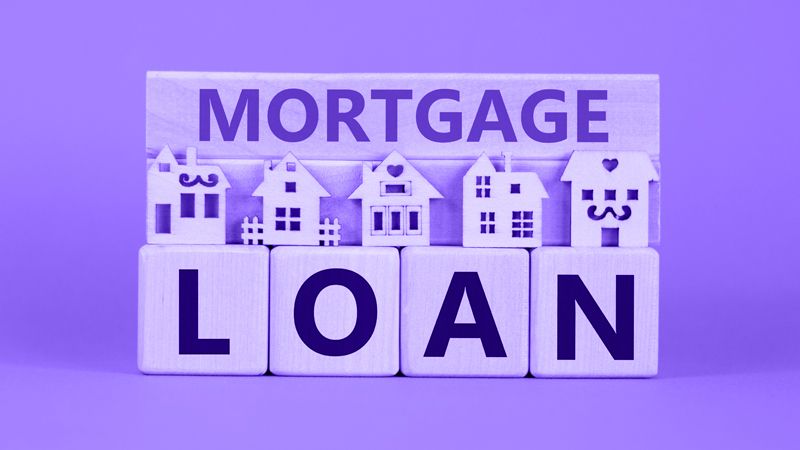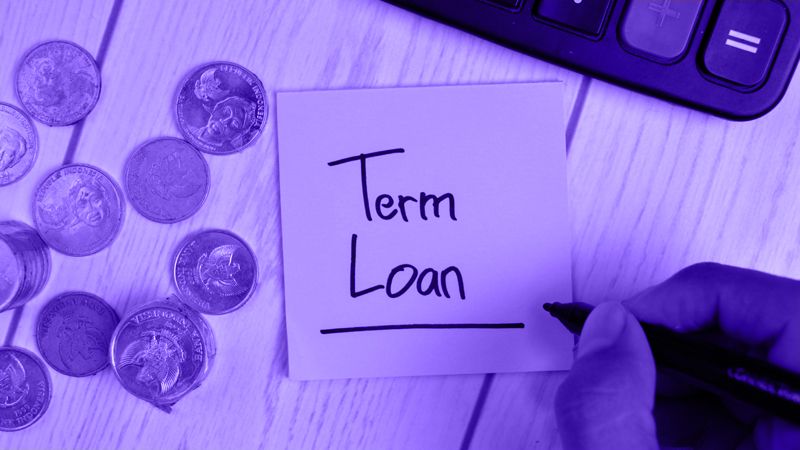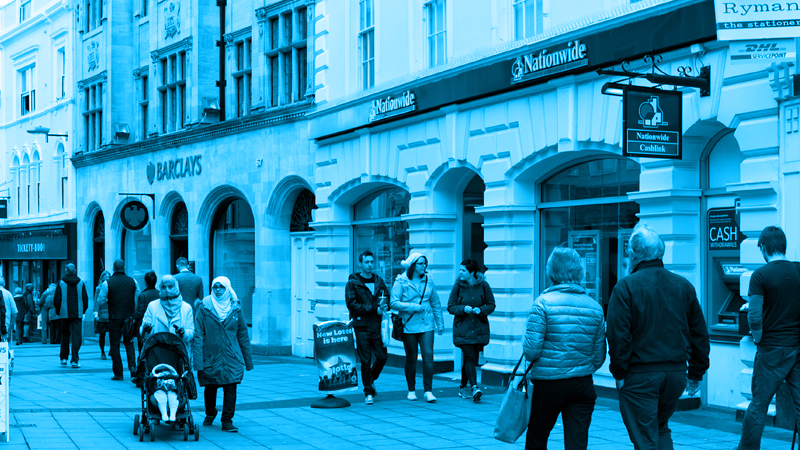Loans against your house allow you to borrow large sums of money and get access to the funding you need when you need it. A loan against your home is the same as a secured loan.
Unlike unsecured loans, secured loans may allow you to borrow considerable sums at a lower interest rate even if you have bad credit.
Read on to find out everything you need to know about taking loans against your house.
How Do Loans Against Your House Work?
Loans against your house are loans that use your property as collateral. You can only take out a loan against your house if you own all or part of your home in what is known as equity in your property.
The lender will use the value of your property or the equity to determine how much you can borrow up to a certain percentage of the value.
The value of your house acts as the security for the loan, and you must pay off the loan each month over an agreed time frame.
If you fail to keep up with repayments, you risk losing your home because the lender can take action to repossess and recover the outstanding debt.
When you apply for a loan against your house, the lender will want to see if you’ve built up equity in your home if you don’t own it outright. It involves having paid off part of your mortgage or having a home that’s increased in value.
Lenders will also look at your credit score and monthly income, and outgoings to determine affordability. They’ll use this information to decide how much they can advance to you and the interest rate they’ll offer.
Types Of Loans Against Your House
You can take out different types of loans against your house, including:
Secured Loans
These are loans secured against the value of an asset, in this case, your home. They’re also called homeowner loans, and they feature large amounts and more extended repayment periods than standard loans.
Second Mortgages
Also called a second charge mortgage, this is a secured loan that uses the equity or capital in your home as collateral. The amount you can borrow on second mortgages will depend on the difference between your home’s value and the amount you owe on your first mortgage.
It’s completely separate from the first mortgage and is an excellent way to access further advances or extra funds without remortgaging. You’ll have two mortgages to pay off on your home, and if you fail to repay either the first or the second, you risk losing your house.
Related quick help guides:
- Secured loans brokers.
- Secured loans for pensioners.
- Secured loans for self employed.
- Interest only secured loans.
- Can I get a secured loan on a buy to let property?
- Secured business loans.
Remortgaging
Remortgaging involves switching to a new mortgage provider without moving from your current house. You may be able to obtain a better deal with your existing lender or switch to a new lender.
Remortgaging is suitable if you’re looking for a better deal, want to fix your rates or need to take money out of your property.
Remortgaging can help you find better terms and lower rates, and the amount you can borrow will depend on your financial situation.
Features Of Loans Against Your House
A loan against your house is ideal if you’re looking for a large sum you can repay over a more extended period. Features include:
High Loan Amounts
Loans against your home enable you to borrow more considerable sums of money than unsecured loans. The value of your property or equity will influence the amount you can borrow. The more valuable your property is, the more money you can borrow.
Low-Interest Rates
A loan against your home is less risky for lenders, making them more willing to advance a loan at more favourable interest rates. Repayments will also be spread over long periods, further reducing the interest rate. Since lenders will make their money over the long term, they’ll happily offer attractive interest rates.
Instalment Payments
With loans against your home, you can often borrow over longer periods than personal loans. You’ll repay in small manageable monthly instalments. Repayment plans are outlined right from the outset, making it easy to plan for monthly payments.
The instalments include a percentage of the principal amount plus interest spread evenly over the loan’s duration.
Uses Of Loans Against Your House
It’s risky to borrow against your home, and you should only consider it when there are no alternatives. Loans against your house are suitable for large projects, including:
Home Improvements
Home improvement projects are an excellent way to re-invest in your property, increase its value and curb appeal. Such projects can guarantee a lucrative deal when you decide to sell, but they can be expensive.
You can take out a loan against your house to cover the costs of your desired home improvement project. You can use the funds to finance a new kitchen bathroom, extensions, conversions, renovations, home maintenance or needed repairs.
Personal And Business Needs
You can borrow against your property if you need more money than standard personal loans and want long repayment periods. The funds can help you make large purchases like buying land or a second property.
If you have a business idea but no funds for capital, a homeowner loan may help you get started. You can also use it to inject cash into your business to finance needs like resources, stock, equipment, expansions or investments in new premises.
Loans Against Your House with Bad Credit
You may qualify and get approved for loans against your house, even with bad credit. Your property will significantly reduce the risk for the lender because they can reclaim the outstanding debt by repossessing your home if you default.
It’s a more accessible option if you’ve found it challenging to get a loan because of your credit score. You can borrow more considerable sums for longer, and the easy repayments will help to improve your credit score.
Read our complete guide on how do secured loans work?
Loans Against Your House Final Thoughts
Loans against your property can give you access to large amounts, more extended repayment periods and favourable interest rates. However, they come with the risk of losing your home as the lender has a legal claim to your property if you default.
It’s crucial to ensure you can comfortably pay on time every month throughout the loan’s term, even when your circumstances change.
Give Mortgageable a call today at 01925 906 210 or contact us to speak to one of our friendly advisors.

















